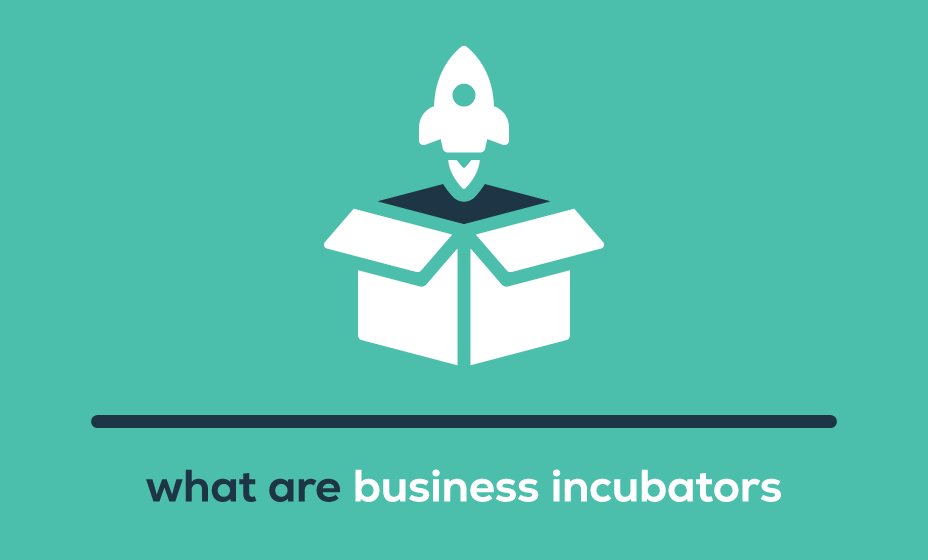Entrepreneurship is a complex, exciting world full of opportunities and challenges. According to statistics, 52% of new businesses cease business in their first year due to lack of resources, insufficient knowledge, entrepreneurs' inability to cope with various challenges, lack of motivation to progress, and others.
If you want to take the entrepreneurial path, you can get support navigating your first year of business through various projects, programs and specialised organisations.
Among them are the business incubators, about which we will discuss in this article elaborated in collaboration with Tatiana Bucos, head of the Center for Pro-business and Education Services "SMARTLab ASEM", coordinator of the Business Incubator, trainer and mentor in the entrepreneurial education programs.
Business incubators are organisations that provide support to entrepreneurs at the early stages of business development. In addition to offering workspaces and various facilities necessary for business operations, incubators give vital resources for start-ups, such as entrepreneurship training and consulting programmes, one-to-one mentoring, networking opportunities and investor access.
What is the difference between business incubators, accelerators and HUBs
These types of organisations are involved in supporting businesses but have different purposes and functions:
- Business incubators aim to support early-stage business ideas until they are strong enough to operate independently.
- Accelerators are more intensive programs, usually of short duration (3-6 months),that seek to accelerate existing business growth, often through financial investment and intensive coaching. They are suitable for start-ups with a defined product or service and looking for quick growth.
- HUBs (or co-working spaces) are collaborative workspaces that bring together entrepreneurs, freelancers and creative people from different fields. Although they don't always offer mentoring or direct funding, they are great places for networking and sharing ideas.
Business incubators types
Depending on the objectives pursued, the parties running them and the way the activity is organised, business incubators can be divided into several categories, some of which are presented below:
- University incubators: these collaborate with universities and aim to commercialise products developed based on research results from university laboratories or to support businesses developed by students.
- Corporate incubators: these are initiated by companies to develop new products in specific areas of interest. Such incubators support the development of new products by company employees or outsiders. Products developed in incubators can become part of the company's offering, with profits from sales being shared between the entrepreneur and the incubator company.
- Social incubators: these support businesses that aim to solve social, cultural or environmental problems through an entrepreneurial approach.
- Technology incubators: specialise in assisting technology start-ups by providing access to advanced technical resources, specific mentoring and connections with tech industries.
- Virtual incubators: these provide remote business development support through an online platform without providing physical workspace.
Each incubator's primary objective is to help support and accelerate the growth of early-stage businesses, even if they differ in terms of specific services, resources offered, or categories of entrepreneurs they work with.
What type of incubator would best suit your business idea?


 maibank
maibank
 maib business app
maib business app
 internet banking - individuals
internet banking - individuals
 new internet banking - maib business
new internet banking - maib business
 internet Banking - BankFlex
internet Banking - BankFlex




